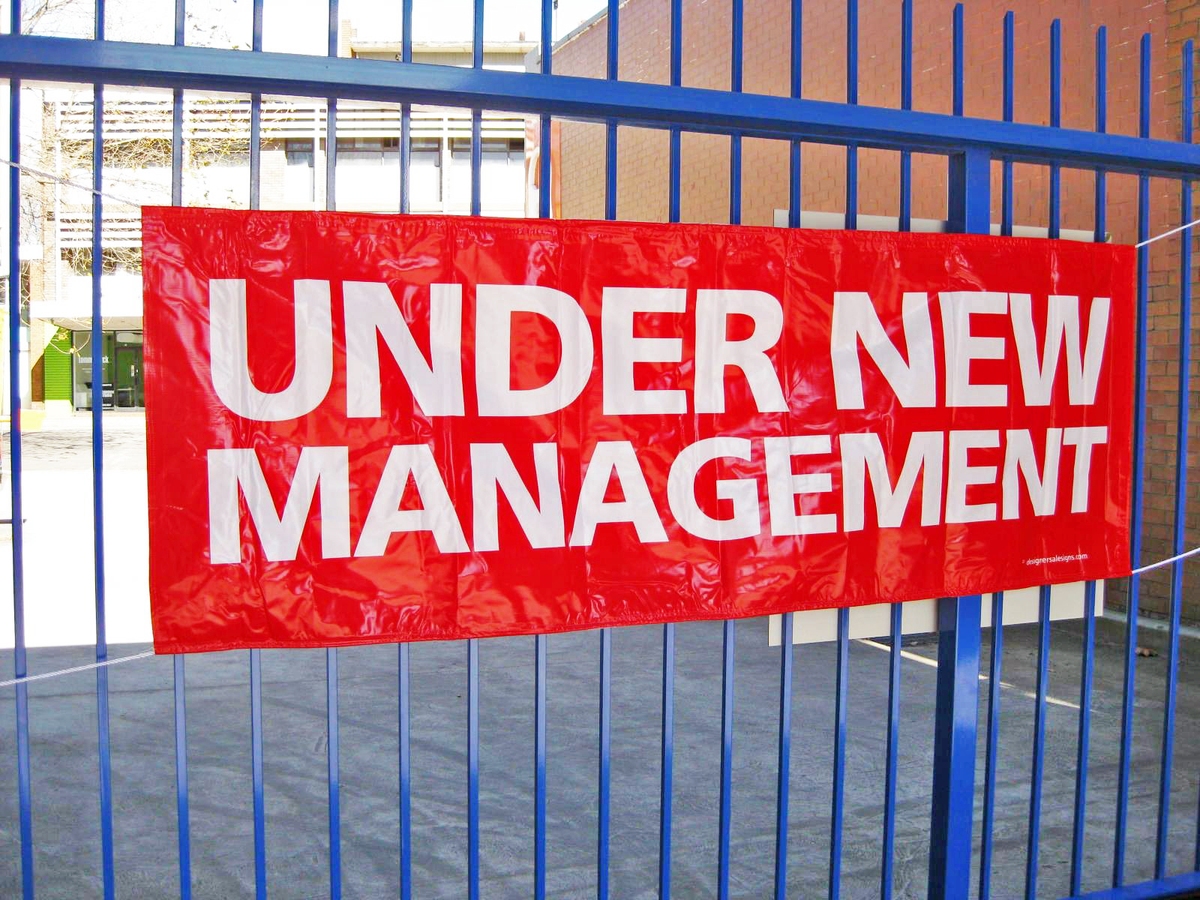 TC's Guidelines and Principles for Life #8: "Never defend or justify yourself, let God do that. Just answer questions with honesty."
So listen, this guideline will totally not work for everybody.
TC's Guidelines and Principles for Life #8: "Never defend or justify yourself, let God do that. Just answer questions with honesty."
So listen, this guideline will totally not work for everybody.
It will only apply to people who take Jesus seriously when he says "If any of you wants to be my follower, you must turn from your selfish ways, take up your cross, and follow me." (Matthew 16:24)
Those of us who have made the choice to follow Jesus have signed up for a life of learning to die to ourselves.
As Dietrich Bonhoeffer says in Cost of Discipleship, "when Christ calls a man, he bids him come and die".
I hate this part of following Jesus. Everything in me wants to be selfish and fulfill any appetite I may discover within myself.
Yet I have learned the value of not doing that. It's because of this that I'm participating in Lent this year. I have given up all electronic entertainment (TV, Netflix, Movies, Video Games, etc) for 40 days so that I can instead focus on reading and prayer. Activities that I know improve the quality of my life and help me grow closer to God.
But they are less instantly gratifying that entertaining myself, so I naturally neglect them.
How does this all relate to the guideline that I try to live by, not to defend myself?
It may sound like I'm advocating that we, as believers should be doormats. On the contrary, I believe it's easy and expected and instantly gratifying to defend myself. To try to get revenge on people who speak ill of me.
Indignation is like rage candy. "How dare you!"
I'm asking us to go beyond that. To make the choice not to pick up our weapons when insulted. That takes more courage that most of us commonly walk around with. It's the opposite of being a doormat.
It means not being passive aggressive, or fantasizing about putting people in their place.
Miroslav Volf, in Exclusion and Embrace, makes the argument that in a world where trying to pay back injustice with injustice creates a never ending system of...you guessed it...injustice.
"If you want justice and nothing but justice, you will inevitably get injustice. If you want justice without injustice, you must want love." (Volf, 223)
It is not until we are willing to let God have the last word by refusing to repay evil for evil within our own lives that we truly become the peacemakers that Jesus talks about in the Sermon on the Mount. (See Matthew 5).
When I seek to justify myself, it leads to angry emails or pointed conversations. But when I trust God to deal with any unfair or untrue accusations, I embrace what Henri Nouwen refers to as the 'downward mobility' that should exist in the life of every believer.
We fulfill the parable of the wedding guests who take a seat of low honor and are publicly honored by the host (Luke 14:7-14).
I've been reading the book of Job again recently, and the only mistake I see from Job is that he tries to justify himself. God, in his response to Job, never takes issue with any of Jobs specific points of argument. Rather, he appears to take umbrage with Job's tone.
Job's only mistake was his efforts to defend and justify himself against his friends (and considering what he went through, that's pretty impressive).
When we are attacked or criticized without cause (look, if you're not doing your job and your boss criticizes you, this doesn't apply to you. Do you job.), we have a choice. We can defend ourselves or let God defend us.
Personally, I like the latter choice. Because when we put ourselves in God's hands, not only are we safe from anything that he doesn't permit, but we make ourselves open to receive his blessings.
That's a much better alternative than me getting the visceral benefit of demonstrating my contempt or anger through criticism or insult.
___________________________________________
35@35 is a blog series by Thomas Christianson which involves 35 blog posts in 2014 on 35 things he has learned at the age of 35.
























